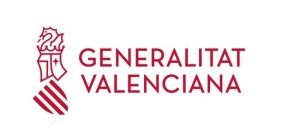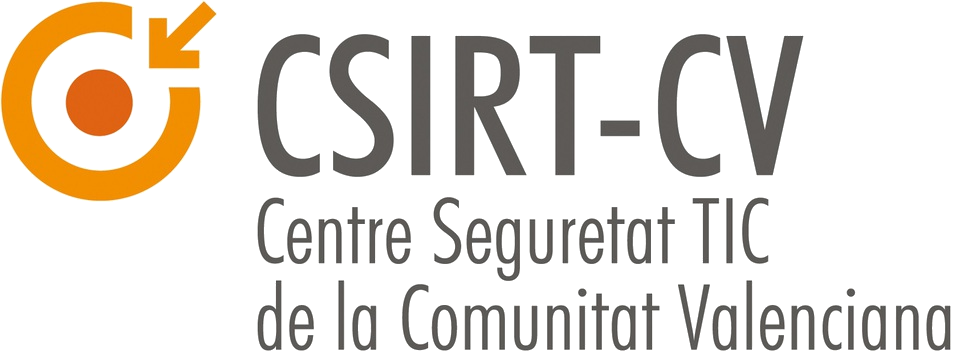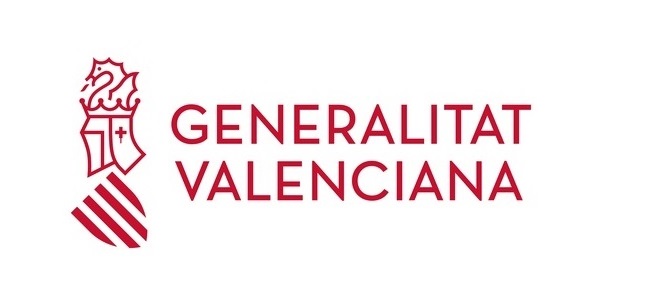Abrimos el boletín quincenal con la noticia más relevante de la quincena, Ripple20. Son 19 vulnerabilidades 0-day descubiertas en unas librerías ampliamente utilizadas y que afectan a millones de dispositivos, muchos de ellos IoT. Por el momento se desconoce el alcance real de los equipos expuestos, así que se recomienda estar atento a los boletines publicados por los diferentes fabricantes (como el de CISCO) que puedan contener información acerca de las medidas adoptadas.
Continuamos, como no podía ser de otra manera, hablando de COVID19, que continua acaparando noticias en el mundo de la ciberseguridad: siguen los ataques de phishing, la ingeniería social, el uso de webs fraudulentas y la explotación de esta temática en Apps maliciosas. Aunque la pandemia empiece a perder fuerza, no debemos bajar la guardia en nuestra navegación o utilización de tecnología.
Aunque los ataques antes mencionados pueden parecer dirigidos al gran publico, tampoco los expertos en ciberseguridad pueden descuidarse en su entorno personal: se ha detectado una fuerte campaña destinada a atacar a analistas de seguridad desde supuestos cazatalentos que actúan en Linkedin.
En otro orden de cosas, se han descubierto y retirado de Google Play numerosas aplicaciones maliciosas relacionadas con Apps que prometen fotos con modo belleza, FaceApp y similares. Recordamos la importancia de instalar solo aplicaciones confiables, revisar sus permisos y evitar instalar apps experimentales o innecesarias.
La nota positiva de la quincena, la apunta Amazon, quien asegura que su plataforma Cloud ha soportado un ataque DDoS de 2.3 Tbps, el mayor registrado en Internet hasta la fecha. Si bien los datos están ofrecidos por la compañía, resulta motivadora la capacidad de absorción existente para este tipo de ataque tan complicado de combatir.
En lo referente a actualizaciones y vulnerabilidades, la quincena ha sido muy activa destacándose:
Por último, como lectura para el fin de semana, dejamos a nuestros lectores el siguiente breve artículo sobre continuidad de negocio básica, muy útil para aquellos no dispongan de estos planes y quieran aprovechar el final de la cuarentena para crear el suyo propio.



